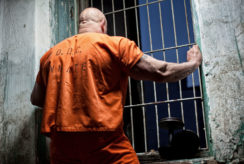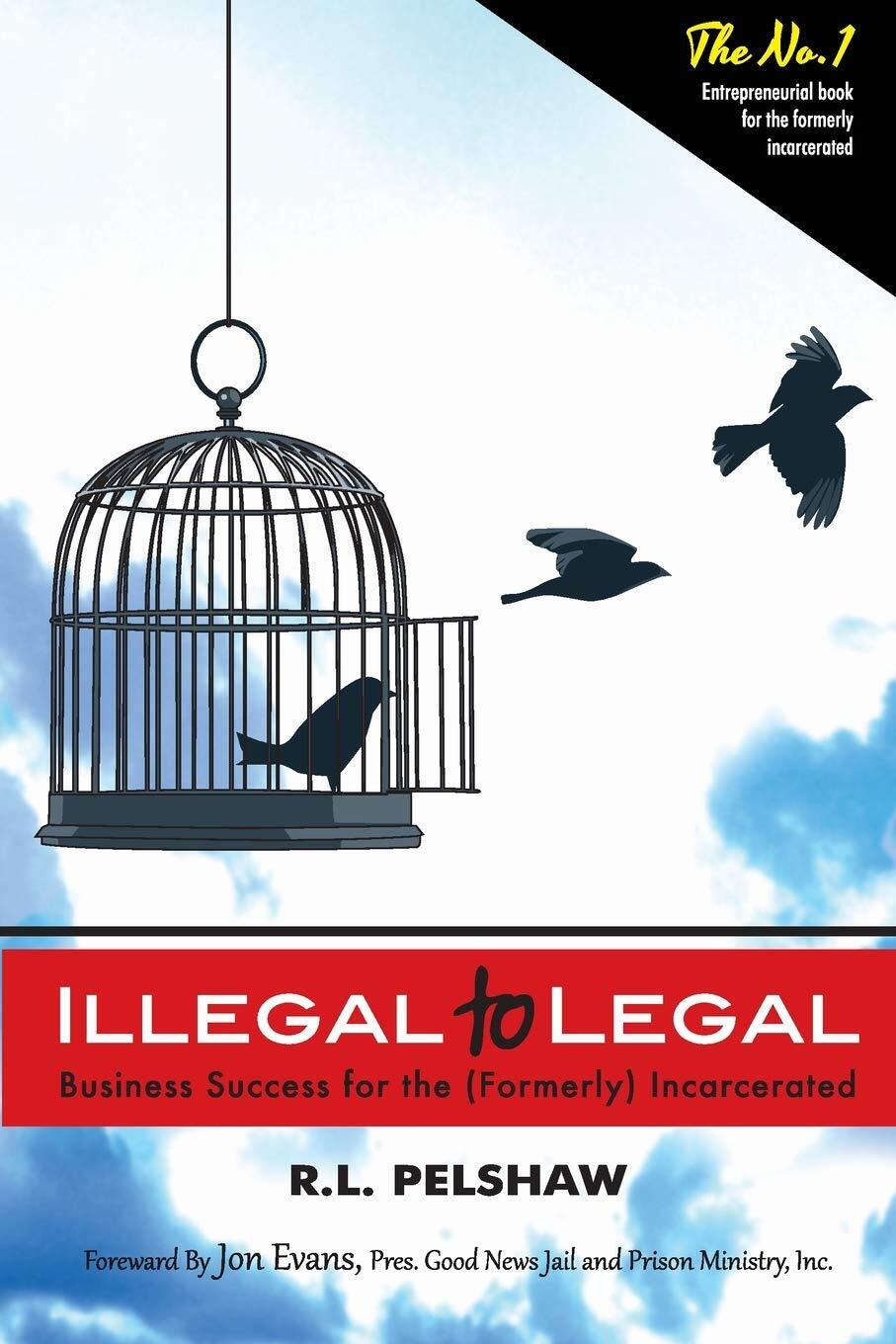Economist, investors, and politicians are worried recent “market corrections” could be the harbinger of worse things to come, economically speaking. Interest rates, consumer spending, and foreign markets are only a small part of what else influences the weakening of our economy. I wish more citizens were focused on what Jim Clifton, Chairman and CEO of Gallup first heralded in his January 23, 2014, e

Until 2008, the number of small business start-ups always outweighed the closures. The years before 2008 show that business starts slowed. Since 2008, the numbers of business closures have overtaken business starts. That apparently was a first for our nation, a sad one. Small businesses are responsible for the majority of all new job creation.
When we lose small businesses, we lose the innovation, independence, and work ethic that give America a unique trading advantage over other countries. We need these advantages – Lord knows we cannot compete on price (nor should we, since we have such a high standard of living we all wish to maintain). Is it mere coincidence that during the period small business start-ups slowed, we also had the most aggressive expansion of mass-incarceration?
Certainly not! We are caging many would-be entrepreneurs, and branding them with a stigma that will make it nearly impossible for them to obtain good jobs and return to society as productive citizens.
The costs of incarceration are the second highest fiscal obligation of most states, totaling $54 Billion nationally. Only Medicare costs
Nearly 25% of the entire population has some sort of a criminal record. A criminal conviction is really a life sentence, even after you’ve paid your debt to society, since many employers won’t hire anyone with a criminal history. How can we be competitive, or having a growing GDP, when we by-pass such a large portion of our worker pool? As mentioned in the recent article “The Five Bottom-Line Reasons Why Employers Should Hire the Formerly Incarcerated” The National Hire the Formerly Incarcerated Campaign seeks to show employers the bottom-line benefits associated with using this untapped labor pool.
#MassIncarceration is a
The reality is, while I think many employers will capitalize on the benefits of hiring someone with a criminal record, there likely won’t be enough jobs that pay high enough to keep a financially strapped, unemployed, or under-employed former felon away from succumbing to the temptation to return to crime to feed themselves of their family.
A tremendous opportunity is revealed through this problem. I wrote the book Illegal To Legal to give the formerly incarcerated, and those at risk to be incarcerated, options to support them other than crime. Using a strengths-based perspective, the book shows how to take your life skills and passions and channel those into a successful business.
Wouldn’t it be amazing if the underdogs saved the day for our nation? What if the formerly incarcerated, and those at risk to be incarcerated – the very ones who were a fiscal drain on the system – became self-employed and hired workers other companies wouldn’t? We would save more than money. We could save the innovation, independence, and work ethic that make America great.




